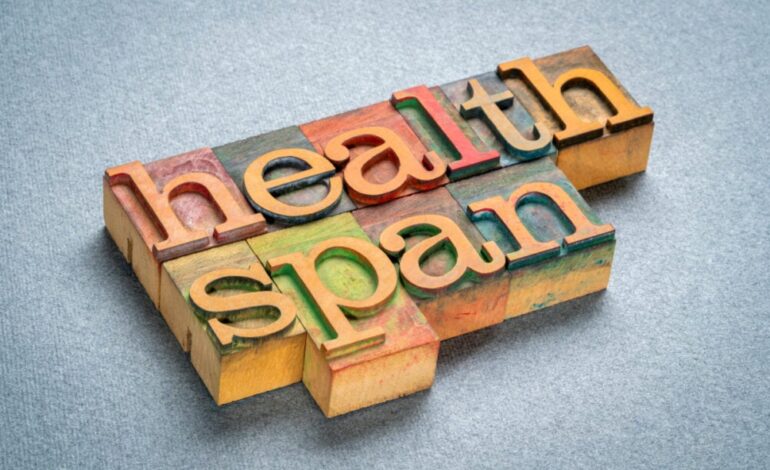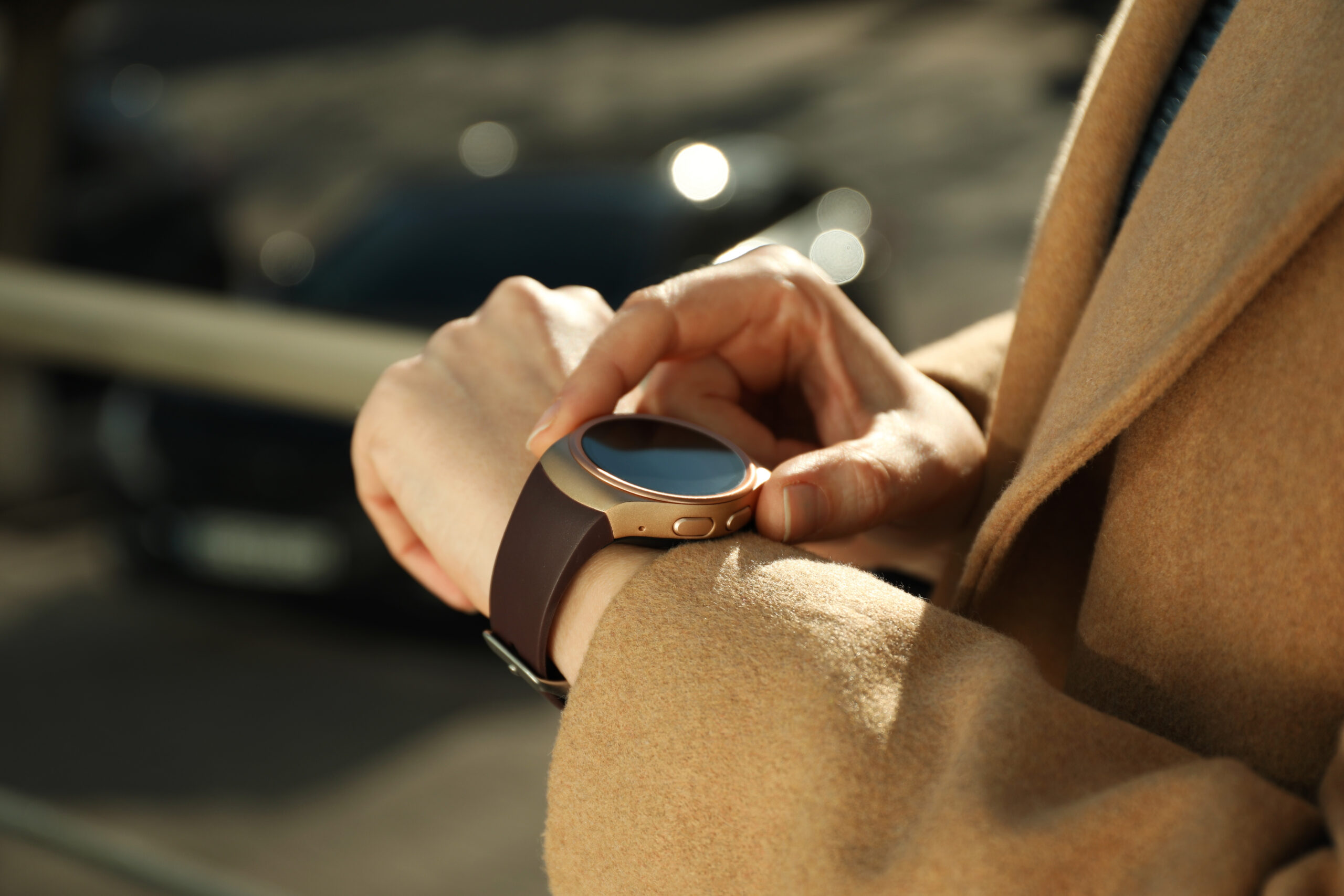What Is Healthspan? The Wellness Metric That Matters More Than Lifespan
“I don’t want to just live longer. I want to live better.” That sentence, uttered by my aunt over coffee last year, was the moment I realized most of us

“I don’t want to just live longer. I want to live better.”
That sentence, uttered by my aunt over coffee last year, was the moment I realized most of us have been chasing the wrong goal.
We obsess over lifespan—how many years we can squeeze out of the human body. But very few of us ask the deeper, more urgent question:
What’s the quality of those years?
That’s the difference between lifespan and healthspan—a concept that’s changing the conversation around aging, wellness, and how we define a good life.
Let’s break it down.
What Is Healthspan?
Healthspan refers to the number of years a person lives in good health, free from chronic disease, cognitive decline, and physical disability.
Think of lifespan as how long you live.
Think of healthspan as how well you live.
A person might live to be 90, but if their final 20 years are spent battling heart disease, arthritis, or dementia, their healthspan might only have been 70.
The goal isn’t just more years—it’s better years.
Why Healthspan Matters More Than Lifespan

Modern medicine has extended our lives dramatically. In the U.S., the average life expectancy is around 77 years—but according to the CDC, most Americans spend at least 15 of those years in poor health, managing multiple chronic conditions.
That’s nearly two decades of medications, appointments, fatigue, and limitations.
If the endgame is vitality—not just survival—then healthspan is the new gold standard.
The Science of Healthspan: What Affects It?
Healthspan isn’t about luck. It’s influenced by a range of modifiable factors, including:
1. Metabolic Health
- Stable blood sugar
- Healthy body composition
- Balanced cholesterol levels
Poor metabolic health is linked to shorter healthspans and increased risk of diseases like Type 2 diabetes and heart disease.
2. Cognitive Function
- Memory
- Focus
- Emotional resilience
Conditions like Alzheimer’s and vascular dementia shorten healthspan dramatically. Sleep, exercise, and mental stimulation help preserve brain function.
3. Musculoskeletal Strength
- Muscle mass
- Bone density
- Balance and flexibility
Mobility determines independence. Frailty is one of the greatest predictors of healthspan decline.
4. Inflammation & Cellular Aging
- Chronic inflammation accelerates aging at the cellular level.
- Telomere length, mitochondrial function, and oxidative stress all play roles in how “young” or “old” your body behaves.
Healthspan vs. Lifespan: A Real-Life Perspective
Let me introduce you to two men:
- Mark is 82, walks 3 miles a day, still travels with his wife, and plays chess every Sunday with his granddaughter.
- Leon is 78, living in assisted care, managing diabetes, arthritis, and memory loss, and unable to dress himself without help.
Mark and Leon are both alive.
Only one of them is thriving.
That’s healthspan in action.
How to Increase Your Healthspan (Yes, You Can)
The best part? You don’t need futuristic tech or anti-aging injections to start improving your healthspan. The foundations are simple—but powerful.
1. Prioritize Movement Over Exercise
Forget the gym if it’s not your thing. Healthspan is built on daily movement—walking, gardening, yoga, bodyweight resistance. Motion is medicine.
2. Eat to Reduce Inflammation
Focus on:
- Whole, unprocessed foods
- Omega-3 fats (think salmon, walnuts)
- Antioxidant-rich fruits and vegetables
- Less sugar, fewer seed oils
3. Sleep Like It’s Your Job
Sleep isn’t a luxury—it’s your nightly cellular repair session. Aim for 7–9 hours of deep, uninterrupted sleep.
4. Protect Your Mind
- Learn something new
- Connect socially
- Manage stress through breathwork, journaling, or therapy
- Avoid chronic multitasking
5. Monitor Your Metrics
Track things like:
- Resting heart rate
- HRV (heart rate variability)
- Blood glucose
- VO2 max
Modern wearables and health apps make this easier than ever.
Is Healthspan the Future of Medicine?
Absolutely. The shift is already happening.
Medical institutions, longevity researchers, and biohacking communities are now focusing on early intervention, preventive care, and root-cause health. Precision medicine and personalized wellness plans are aiming not just to treat disease—but to delay its onset entirely.
Even big tech has caught on. Google’s Calico, Jeff Bezos-backed Altos Labs, and Bryan Johnson’s viral longevity routine are all signs of a healthspan revolution.
But the real power? It’s in your daily habits—not some billionaire’s cryogenic chamber.
Healthspan and You: Why This Isn’t Just a Buzzword
As a writer and a woman deeply immersed in the world of wellness, I’ve learned one truth:
No one wants to simply exist longer—they want to live meaningfully longer.
Healthspan is how we reclaim those middle and later years not just as a finish line, but as a chapter full of strength, connection, clarity, and freedom.
Because being alive isn’t the same as being well. And age doesn’t have to mean decline.
Some Thoughts
We’ve spent decades asking, How long can I live?
It’s time to start asking, How well can I live?
That’s the future of health.
That’s healthspan.
By Izzy Malcolm for Ravoke.com








